Governments want you to be considerate with your Energy use.
It’s not (just/only) for the dolphins and the planet (and the manifesto pledge that is always there) – they don’t want to deal with the nightmare of brownouts or enforced closures for business because of lack of energy production. If you think that’s a little unlikely there are plans in place to do that this year (2014) from Ofgem (FT, Telegraph).
How do you message your way to reducing power demand?
It depends who you position the incentive. For instance, many years ago, when a Toyota executive asked employees to brainstorm ‘ways to increase their productivity’ all he got back were blank stares and lackadaisical attitudes. When he rephrased his request to ask them ‘ways to make their jobs easier’ he could barely keep up with the number of suggestions.
As well as explicit meaning, words carry strong implicit meaning and, as such, play a major role in how we perceive a problem. In the example above, ‘be productive’ might seem to be a sacrifice you’re making for the company, while ‘make your job easier’ is more like something you’re doing for your own benefit – it is a happy accident that the company benefits also. In the end, the problem is still the same, but the feelings — and the points of view — associated with each of them are vastly different. Why?
Externalities.
As an (ex) ad man I can see how a brief that asks people to be considerate with energy use would end up with a ‘reason to believe’ (oh how I don’t miss those!) something along the lines of ‘United to save energy’. Linguistically it includes the power generators and resellers and much as the customers; Yay! you might think. But, psychologically it highlights externalities with the implicit ‘all in this together’ to save energy; leading to questions such as ‘who are ‘we’?’, and ‘who gets the most benefit?’. Not only does it *not* neutralise (or better yet, reverse) the Tragedy Of The Commons externally problem, it actively highlights it. You couldn’t get it more wrong if you tried.
How do you get it right?
If you find a way to line the effort up with the reward you stop the externality leak; it needs a ‘by me, for me’ angle. So with energy conservation instead of saying ‘upgrades so we all use less’, one might say ‘upgrades so you can make your cold house feel warm’. Even out of category, with road or rail upgrades that cause jams you’d want to say ‘upgrades now so you can have quicker journeys forever’, rather than ‘upgrades now so the traffic system can carry more vehicles/trains’. All descriptions are true, but only some put individual effort in lock-step with individual gain.
It’s a shame lots of people get it wrong. The only upside is they are rarely doing it on purpose. Even so, every time I see an leaking externality I just wish they’d asked us for help.
(Hours after posting I noticed this from Boing Boing about the fragility of the power grid.)
For more on this speak with us, or have a look at our capabilities
Also, as co-founders and supporters of the London Behavioural Economics Network, join the Meetup group and Facebook group for more details and events
Related Posts
August 13, 2023
Money (but not called that, and how it changes behaviour).
Advertising agencies make a lot of…
August 1, 2023
Reading ease is not as easy as all that – comprehension shows the way
It's easy to make text readable, right?…
July 20, 2023
The ‘Hollywood hello’ – and the importance of context when communicating
When communicating we all like to be as…




